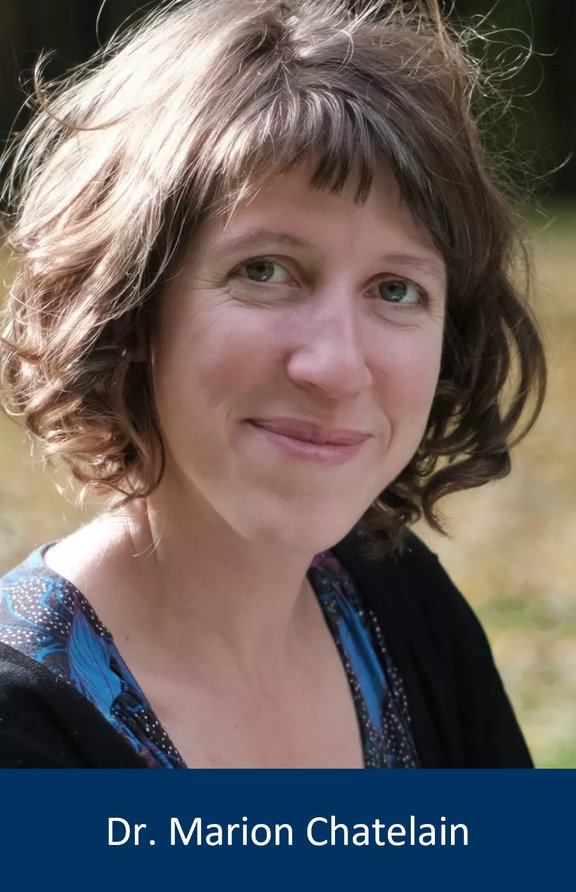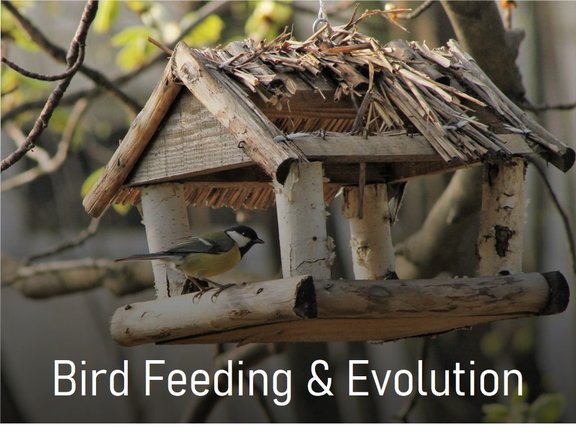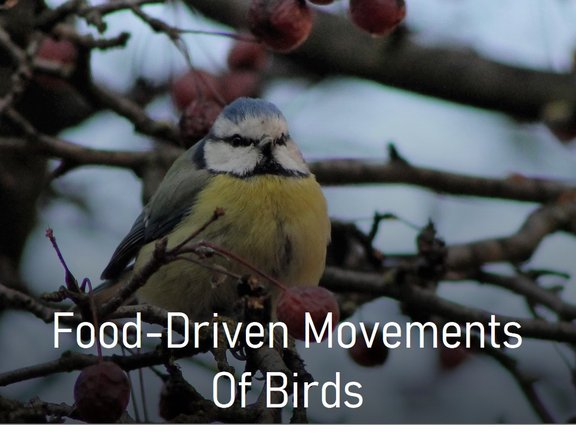CHATELAIN Marion Dr.

University of Innsbruck
Department of Zoology
Research Group: Applied Animal Ecology
T +43 (0)512 507-51866
F +43 (0)512 507-51899
marion.chatelain@uibk.ac.at
I am an urban ecologist. I think that understanding the impact of our societies on the dynamics and evolution of urban wildlife is a prerequisite priority for creating and improving healthy and sustainable urban ecosystems. My work mainly focusses on animal response to metal pollution and food availability in urbanised environments. Using two bird species as models, the great tit (Parus major) and the blue tit (Cyanistes caeruleus), I am currently investigating:
(i) how the availability of natural food (insects, spiders and other arthropods) and artificial food (food provided in bird feeders) shapes bird diet and seasonal movements within the urban mosaic. Learn more about this project here.
(ii) whether bird feeding is responsible for divergent selection and shapes genetic connectivity within the urban mosaic. Learn more about this project here.
My background
I obtained a Master’s degree in Evolutionary Ecology from the National Museum of Natural History of Paris in 2012. Thereafter, I carried out my PhD research on the role of melanin-based plumage colouration in coping with high levels of metallic trace elements (MTEs) in cities at the Institute of Ecology and Environmental Sciences of Paris (Pierre & Marie Curie University; 2012-2015).
After completion of my PhD, I investigated the effects of MTEs on earthworm communities and habitat choice behaviour (2015-2016) as assistant lecturer at Pierre & Marie Curie University where I taught ecology, evolution and statistical methods in the undergraduate and postgraduate curriculum.
In October 2016, I obtained a two-year POLONEZ grant (Marie Sklodowska-Curie COFUND, Horizon 2020 framework) to work in the Wild Urban Evolution and Ecology Lab (Center of New Technologies, University of Warsaw) on the effects of MTEs on great and blue tit oxidative stress and fitness in a gradient of urbanisation.
Since 2019, my team within the Applied Animal Ecology group (Institute of Zoology, University of Innsbruck) studies the effects of food availability on bird foraging behaviour, movements and evolution. These research are funded through a Lise Meitner (2019-2022) and an Elise Richter grant (2022-2026) from the Austrian Science fund.
My latest publications
-
Chatelain M. 2023. Endogeic Earthworms Avoid Soil Mimicking Metal Pollution Levels in Urban Parks. Sustainability. doi: 10.3390/su151511513
- Chatelain M, Rüdisser J, & Traugott M. 2023 Urban-driven decrease in arthropod richness and diversity associated with group-specific changes in arthropod abundance. Frontier in Ecology & Evolution. doi: 10.3389/fevo.2023.98038
- Chatelain M, Silva AD, Celej M, Kurek E, Bulska E, Corsini M, Szulkin M. 2021 Replicated, urban-driven exposure to metal pollutants in two passerines. Scientific Reports. doi: 10.1038/s41598-021-99329-2
- Chatelain M, Massemin S, Zahn S, Kurek E, Bulska E, Szulkin M. 2021 Urban metal pollution explains variation in reproductive outputs in great tits and blue tits. Science of The Total Environment. doi: 10.1016/j.scitotenv.2021.145966
- Chatelain M, Szulkin M. 2020 Mammals in urban environments. In The Routledge Handbook of Urban Ecology, New York: Routledge. ISBN: 978-1-138-58135-7
- Corsini M, Schöll EM, Di Lecce I, Chatelain M, Dubiec A, Szulkin M. 2020 Growing in the city: urban evolutionary ecology of avian growth rates. Evolutionary Applications. doi:10.1111/eva.13081
- Chatelain M, Drobniak S, Szulkin M. 2019. The association between stressors and telomeres in non-human vertebrates: a meta-analysis. Ecology Letters. doi: 10.1111/ele.13426
My projects
Find out more about my research at http://marion-chatelain.e-monsite.com/



